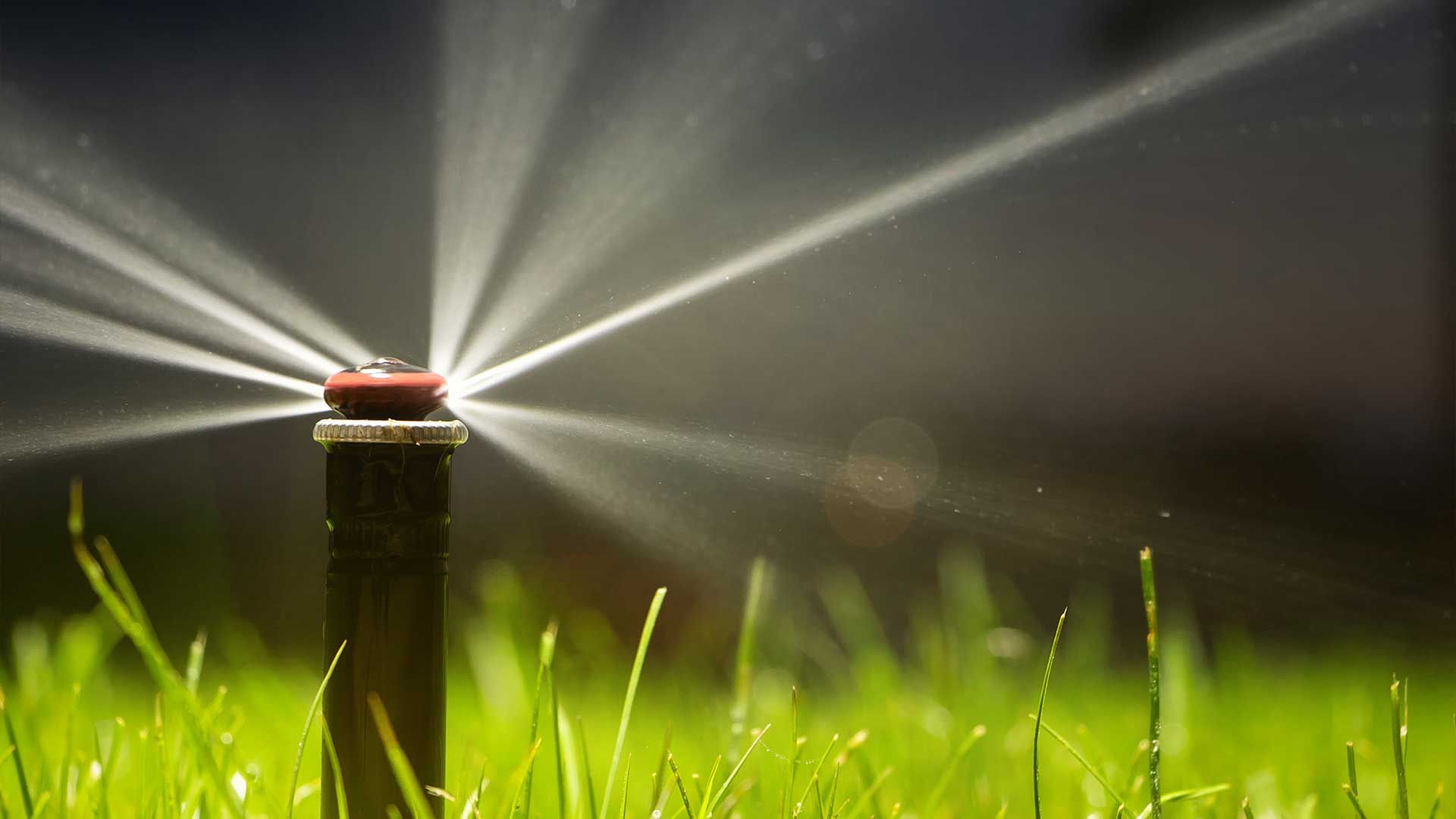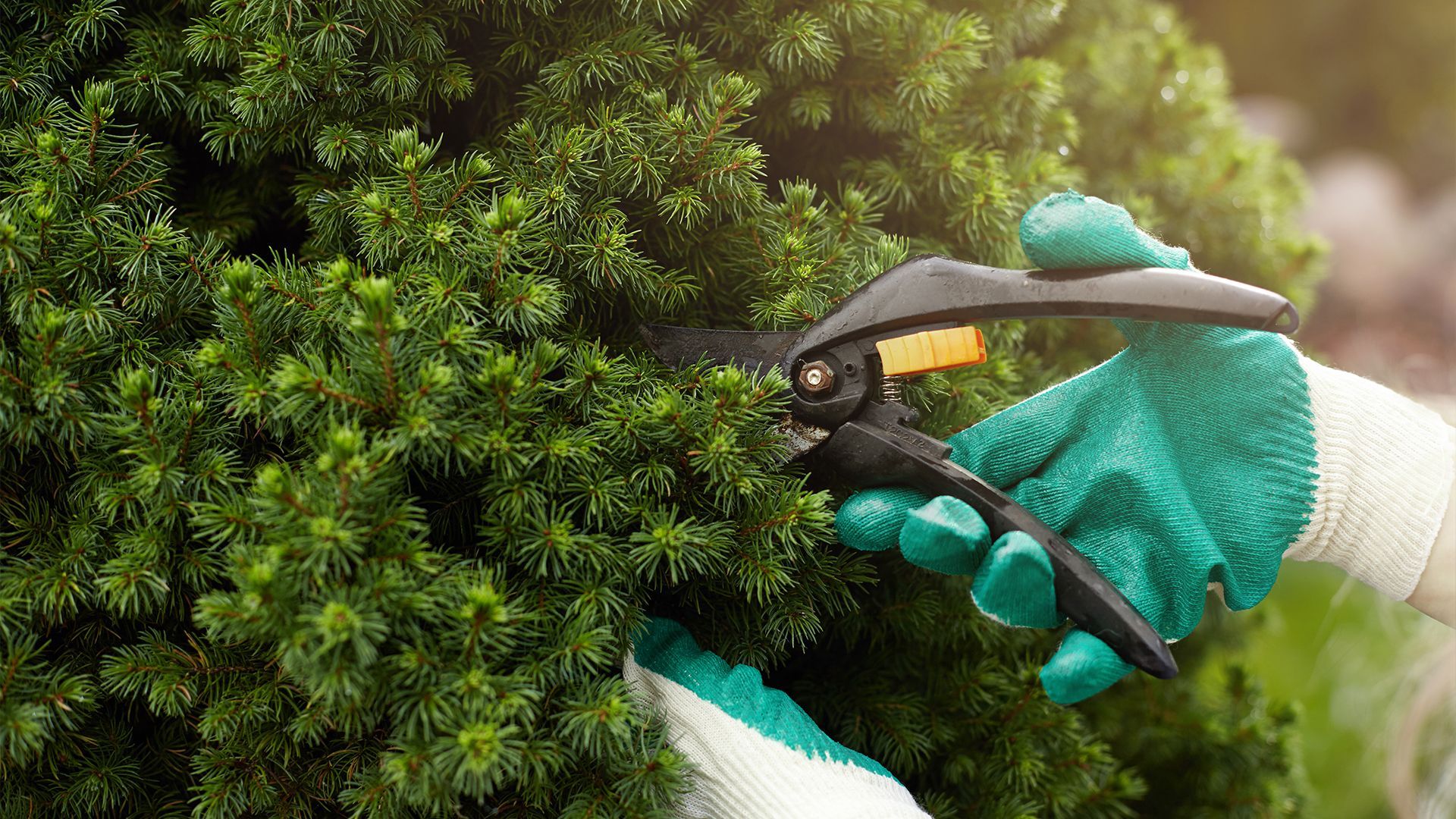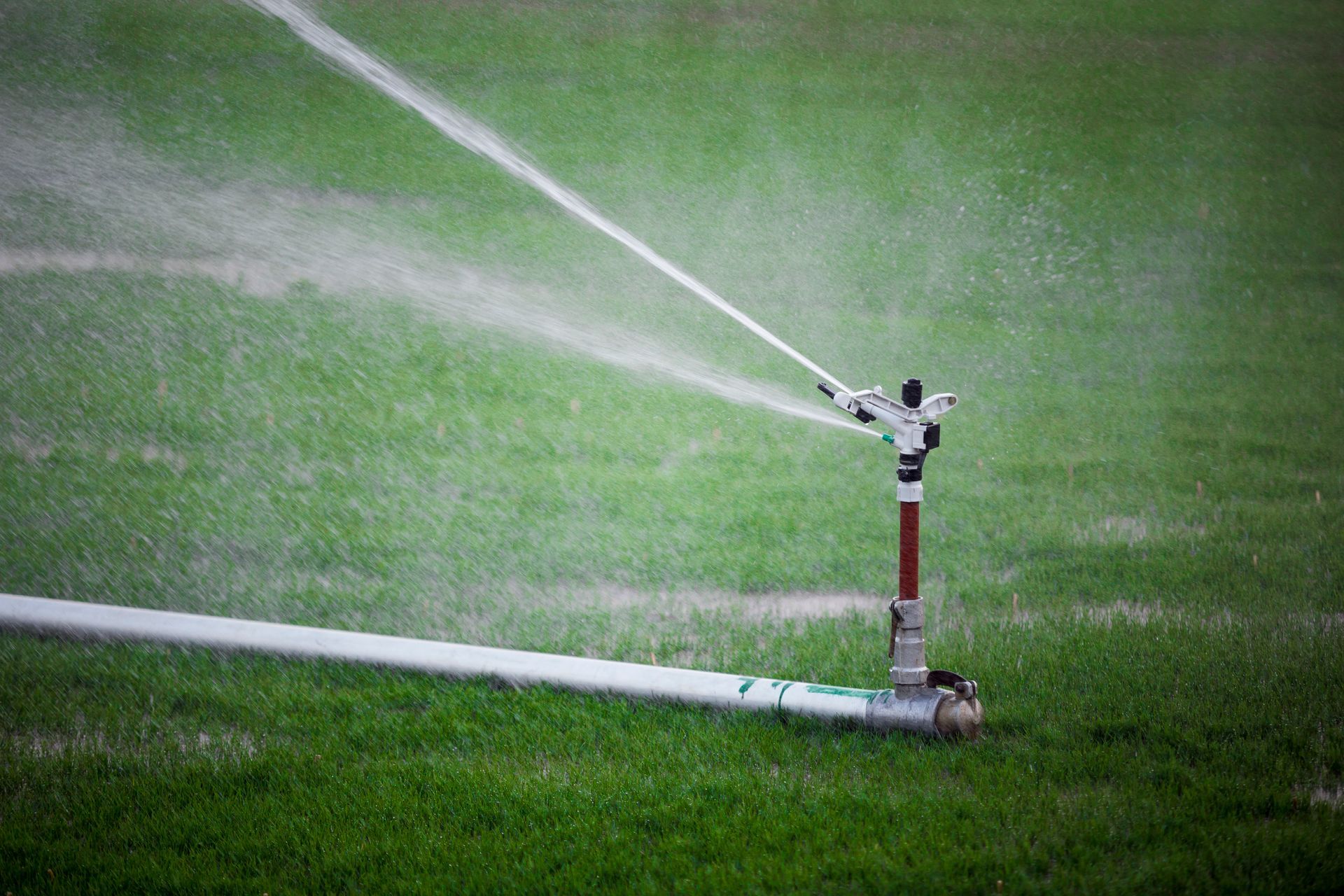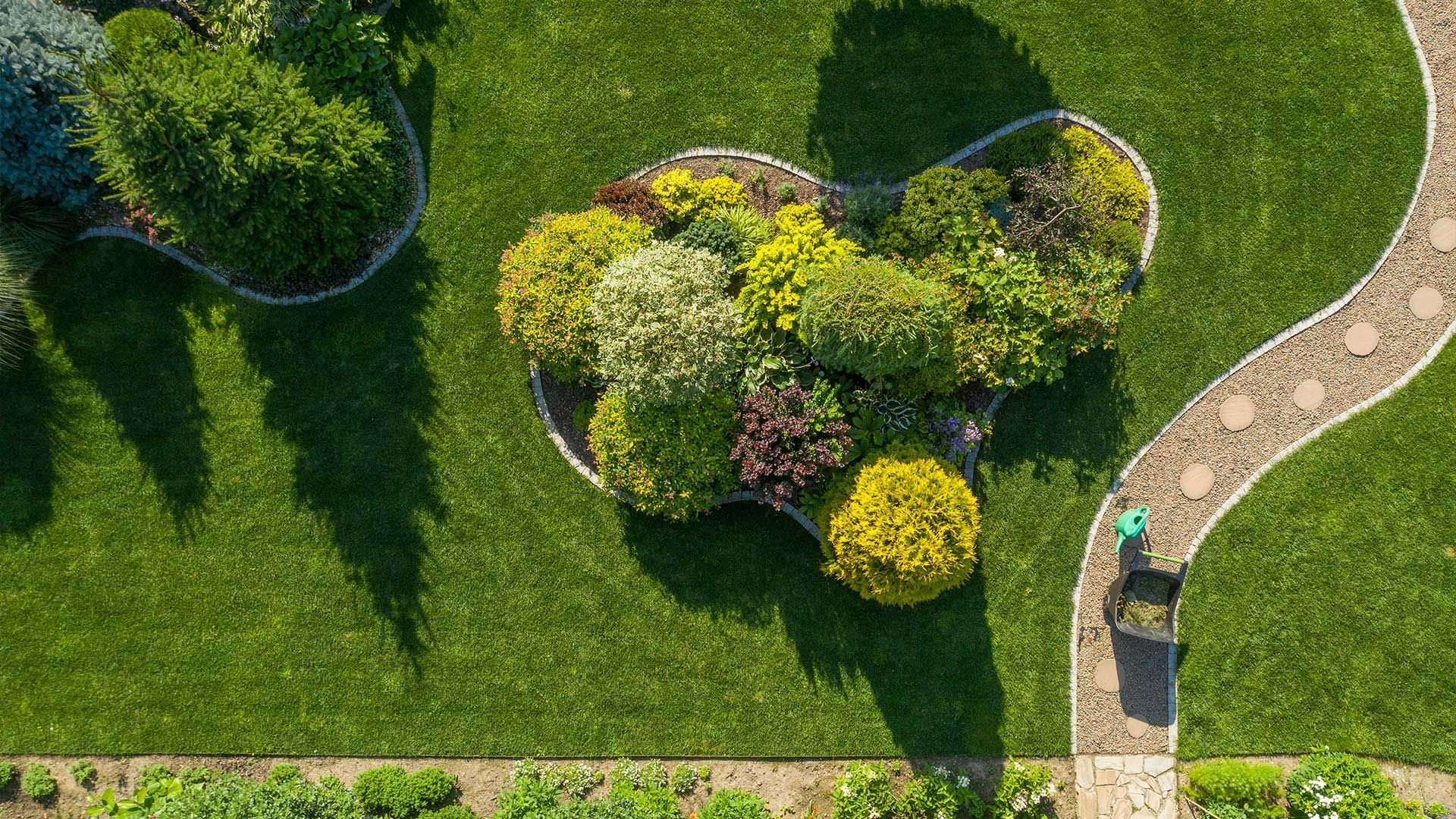Grounds Maintenance 101: Essential Practices for a Beautiful Landscape
Grounds maintenance is the key to keeping your outdoor space looking its best all year round. Whether you have a sprawling garden, a lush lawn, or a small backyard oasis, implementing essential maintenance practices is crucial for achieving and maintaining a beautiful landscape. In this article, we'll delve into Grounds Maintenance 101, covering the fundamental practices that every homeowner or property manager should know to keep their outdoor space in top condition. From lawn care and soil health to plant care and pest management, we'll explore the essential steps needed to nurture and protect your landscape. By following these practices, you can ensure that your outdoor space remains healthy, vibrant, and visually appealing for years to come. So, let's dive in and discover the secrets to achieving a beautiful landscape through effective grounds maintenance.
Lawn Care
A well-maintained lawn forms the foundation of a beautiful landscape. Proper lawn care practices are essential for ensuring that your grass remains healthy, green, and lush throughout the year. One crucial aspect of grounds maintenance is mowing techniques. Regular mowing at the correct height helps promote healthy growth and prevents weed infestation. It's essential to adjust the mower blade height according to the grass type and season. Additionally, proper watering and irrigation play a significant role in lawn care. Deep, infrequent watering encourages strong root growth and drought tolerance. Avoid overwatering, as it can lead to waterlogged soil and shallow root systems. By following these lawn care practices, you can maintain a vibrant and attractive lawn that enhances the overall beauty of your landscape. Remember, a well-cared-for lawn not only adds aesthetic appeal to your property but also provides a comfortable outdoor space for relaxation and recreation.
Soil Health
Healthy soil is the foundation of a thriving landscape. To ensure optimal soil health, start by conducting a soil test to assess its composition and nutrient levels. Soil amendments, such as compost and organic matter, can be added to improve soil fertility and structure. Additionally, addressing soil compaction through aeration promotes better root growth and water infiltration. Proper drainage is essential to prevent waterlogging and root rot. Mulching around plants helps retain moisture, suppress weeds, and regulate soil temperature. Regularly monitoring soil pH levels ensures that it remains within the optimal range for plant growth. By prioritizing soil health through these essential practices, you can provide your plants with the foundation they need to thrive. Healthy soil not only supports robust plant growth but also enhances overall ecosystem health and resilience. With proper soil management, you can create a landscape that flourishes year after year, showcasing the beauty of
nature in your outdoor space.
Plant Care
Caring for plants is essential to maintain a vibrant and visually appealing landscape. Pruning and trimming are crucial practices to remove dead or overgrown branches, promote new growth, and maintain plant shape and health. It's important to use sharp, clean tools and follow proper pruning techniques to minimize damage and disease spread. When planting new additions to your landscape, ensure proper placement and spacing to prevent overcrowding and competition for resources. Water newly planted trees, shrubs, and flowers regularly until they establish strong root systems. Mulching around plants helps retain moisture, regulate soil temperature, and suppress weeds. Fertilizing plants with the appropriate nutrients at the right time promotes healthy growth and flowering. Regularly monitor plants for signs of pests and diseases, and take prompt action to prevent infestations and damage. By implementing these plant care practices, you can ensure that your landscape remains vibrant, lush, and full of life for years to come.
Weed Control
Effective weed control is essential for maintaining the beauty and health of your landscape. Identifying common weeds and invasive plants is the first step in weed management. Regularly inspect your garden beds and lawn for weeds, and promptly remove them before they have a chance to spread. Mulching around plants helps suppress weed growth by blocking sunlight and preventing weed seeds from germinating. For stubborn weeds, consider using natural or chemical weed killers, following label instructions carefully to avoid harming desirable plants. Implementing proper lawn care practices, such as mowing at the correct height and watering deeply but infrequently, can also help prevent weed infestations. By staying vigilant and proactive in weed control, you can maintain a tidy and
attractive landscape that allows your plants to thrive without competition from invasive species.
Pest Management
Effective pest management is essential for preserving the health and beauty of your landscape. Identifying common pests and diseases affecting plants is the first step in pest control. Regularly inspect your plants for signs of pest infestation, such as chewed leaves, discolored foliage, or wilting. Implement integrated pest management (IPM) strategies, which emphasize preventive measures and environmentally friendly control methods. This may include using beneficial insects, such as ladybugs or praying mantises, to control pest populations, as well as practicing proper sanitation and cultural practices to reduce pest habitat and breeding grounds. In cases of severe infestation, consider using targeted pesticides as a last resort, opting for organic or least-toxic options whenever possible. By taking a proactive approach to pest management, you can minimize damage to your plants and maintain a healthy and thriving landscape for years to come.
Seasonal Maintenance
Seasonal maintenance plays a crucial role in keeping your landscape healthy and beautiful year-round. In spring, focus on tasks such as cleaning up debris, pruning, and fertilizing to promote new growth. Summer maintenance involves regular watering, mowing, and monitoring for pests and diseases. In fall, prepare your landscape for winter by raking leaves, mulching, and planting bulbs for spring blooms. Winter maintenance includes protecting tender plants from frost and providing supplemental water during dry spells. Adjust your maintenance routines based on seasonal changes and weather conditions to ensure optimal care for your landscape. By staying proactive and attentive to seasonal maintenance tasks, you can keep your landscape looking its best throughout the year and enjoy a thriving
outdoor space in every season.
Conclusion
In conclusion, implementing essential grounds maintenance practices is crucial for achieving and maintaining a beautiful landscape. By prioritizing lawn care, soil health, plant care, weed control, pest management, and seasonal maintenance, you can ensure that your outdoor space remains healthy, vibrant, and visually appealing year-round. At
Carolina Custom Landscape and Design dba Plants Unlimited, we understand the importance of grounds maintenance in preserving the beauty and functionality of your landscape. Our team of experts is dedicated to providing professional grounds maintenance services to help you achieve your landscaping goals. For personalized assistance and reliable grounds maintenance solutions, contact us today at
919-801-8483. Let us help you create and maintain a landscape that you can be proud of for years to come!
Frequently Asked Questions (FAQs)









